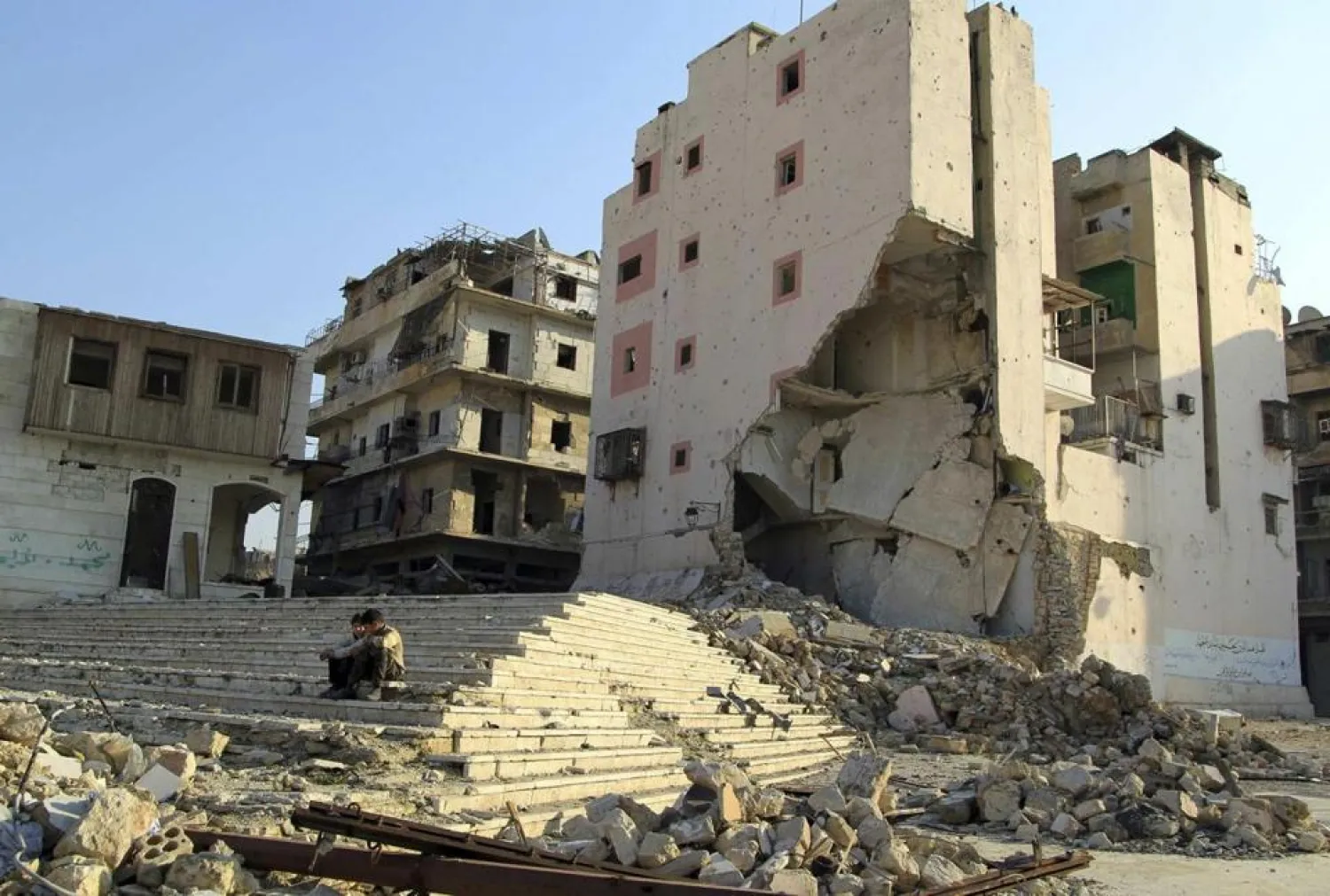Russian Deputy Prime Minister Dmitry Rogozin asserted on Monday that Russia will be the only country to take part in rebuilding Syrian energy facilities, a week after President Vladimir Putin held talks with head of the Syrian regime Bashar Assad.
According to Russia’s news agency TASS, Rogozin was keen to stress that Moscow will not be involved in Syria’s economy as a “benefactor” or “a donor state” and that it does not plan to be easy in issues related to its interests and its revenues, even if such matters were related to Syria.
Rogozin said that Moscow has a right to count on financial "returns" from its efforts to liberate Syria from terrorists.
“We need to think how to make money for our budget, for our citizens, for all those people who also expect Russia's great work in Syria to return,” he said, adding that the restoration of the Syrian economy should be carried out as quickly as possible.
When speaking about possible joint projects with Damascus, the Russian deputy prime minister mentioned oil producing facilities, infrastructure facilities, railroads, ports and the energy sector, TASS said.
He said Assad told him that Syria has no desire to work with companies from countries, which betrayed Syria at a certain time.
Rogozin was speaking on Monday after meeting Assad in Damascus with a Russian government delegation.
Separately, Turkish Foreign Minister Mevlut Cavusoglu discussed on Monday with head of Syria's main opposition High Negotiations Committee Nasr Hariri the steps taken by Ankara to find a political solution in Syria.
In a tweet, Cavusoglu expressed Turkey's commitment to finding a political solution to the Syrian crisis based on both the Geneva path and the upcoming Sochi conference, set for February.









